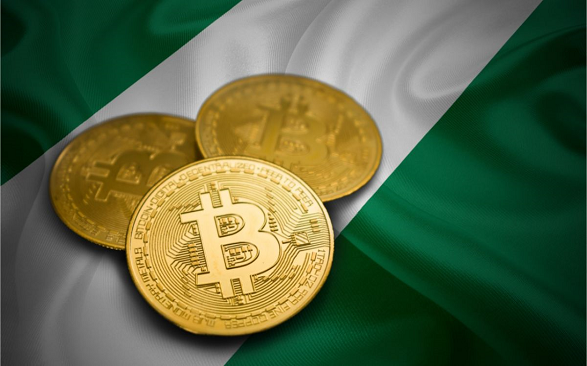The end of September 2021 witnessed a sudden rise in the price of bitcoin. Other cryptocurrencies also jumped. This was consequential to a statement made by the Chairman of the United States Federal Reserve, Jerome Powell, on Wednesday 29th September that the U.S. Reserve Bank didn’t have plans to ban cryptocurrencies in the U.S.
Just a week before that, bitcoin price dropped after the People’s Bank of China reiterated its ban of all cryptocurrency-related transactions, reemphasizing the country’s harsh policy against digital currency. But between Wednesday 29th and Thursday 30th September, bitcoin had appreciated by 10.8% from its previous value to $48,109.69. This represents the highest bitcoin price within the space of a month. Within the same period, Ether, the second-largest cryptocurrency on the other hand, also recorded a 10.8% increase to $3,293.01. At the time of writing, in what is believed to be the start of a bull season, bitcoin and ethereum prices are over $51,000 and $3,400 respectively. This bull run is coming just a few days after the China FUD.
Triggering a China FUD in the global crypto market, China considers digital currency a threat to government-issued currency. In fact, the Digital Yuan, a central bank digital currency (CBDC), was created by China as a defence against the risks the government believes digital currencies such as bitcoin, Ether, and others portend to China’s financial system.
While on the one hand most regulators around the world consider cryptocurrency as a threat and some as ingenuine, and consequently taking harsh decisions against it, investors on the other hand see it as innovative and valuable. While cryptocurrencies or crypto assets may come with risks, the rather hostile policies of most regulators around the world actually pose significant challenge to crypto adoption.
But regulators—quite ironically—keep stressing the need for regulation of cryptocurrencies. For instance, the US Federal Reserve Chairman on 29th September posited that cryptocurrencies “are like money-market funds, they’re like bank deposits, but they’re to some extent outside the regulatory perimeter and it’s appropriate that they be regulated.” Similarly, the U.S. Securities and Exchange (US SEC) Chair Gary Gensler said at a conference in the same week that “people will be hurt” if crypto markets remain unregulated. The irony here is that neither the U.S. Federal Reserve Bank nor the US SEC has introduced digital-currency or digital-asset regulation in the US. One then begins to wonder who should regulate these innovations. Satoshi Nakamoto?
Whether favorably or unfavourably, the current lack of clarity and uncertainty in the crypto economy will keep affecting the value of cryptocurrencies or crypto assets. The current state of regulation has great implications, not only on the health of these cryptocurrencies or crypto assets themselves but also on the future of the financial system and generally the digital economy. Until there is an understanding between regulators and players in the industry, realizing the maximum potentials of the industry remains to be seen. Now, as crypto innovators continue to innovate, when will regulators regulate?




2 Comments